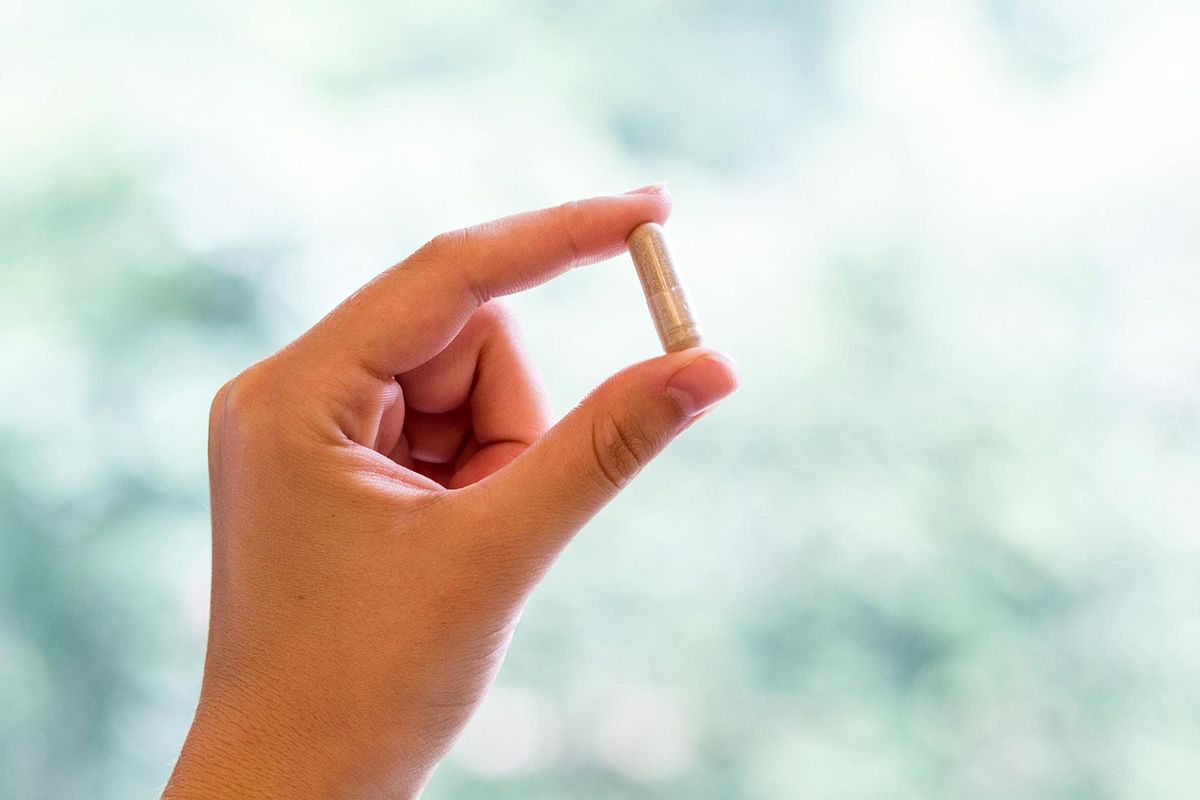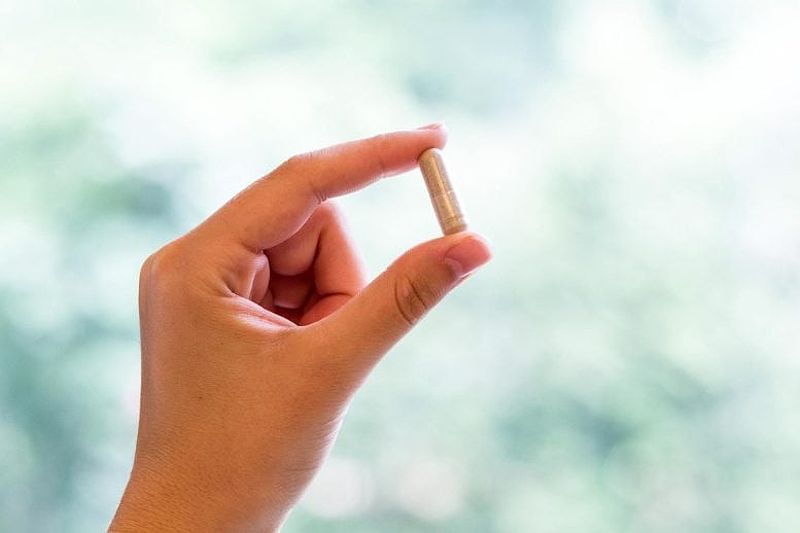A recent study from King's College London reveals that daily fiber supplements can enhance brain function in individuals over 60, potentially countering early signs of Alzheimer's disease. The study found that these supplements had no effect on muscle strength, making them a cost-effective way to improve brain health in the aging population.
Daily Fiber Supplements Improve Brain Function in Individuals Over 60
A recent research study conducted by the School of Life Course & Population Sciences at King's College London has discovered that daily fiber supplements can improve brain function in individuals over the age of 60 in just 12 weeks. This finding offers a cost-effective way to potentially counter early signs of Alzheimer's disease.
The study focused on the effects of daily fiber supplements on brain function in seniors without affecting muscle strength. The researchers found that a daily fiber supplement was able to enhance brain function in individuals over the age of 60 in just 12 weeks. This improvement was observed through memory tests associated with early signs of Alzheimer's disease.
The study examined the impact of two commercially available plant fiber supplements, inulin and FOS, on both muscle health and brain function. However, the researchers found that these supplements had no effect on muscle strength over the 12-week period.
Promising Results: Enhancing Brain Health in the Aging Population
Dr. Mary Ni Lochlainn, the first author of the study, expressed excitement about the results, stating, "We are excited to see these changes in just 12 weeks. This holds huge promise for enhancing brain health and memory in our aging population. Unlocking the secrets of the gut-brain axis could offer new approaches for living more healthily for longer."
As the global population continues to age, age-related conditions such as cognitive decline and muscle loss are becoming more prevalent. The researchers aimed to understand how targeting the microbiota, the diverse community of microorganisms residing in our intestines, could impact both muscle health and brain function.
For the study, 72 individuals over the age of 60 were assigned to receive either a placebo or the fiber supplement every day for 12 weeks. The participants were unaware of which group they were in, as the study was conducted in a double-blind manner. In addition to the supplements, all participants engaged in resistance exercises and consumed a protein supplement to improve muscle function.
Positive Impact on Brain Function: The Fiber Supplement Effect
The researchers monitored the participants remotely through video, online questionnaires, and cognitive tests. They found that the fiber supplement led to significant changes in the participants' gut microbiome composition, particularly an increase in beneficial bacteria such as Bifidobacterium.
While there was no significant difference in muscle strength between the groups, the group receiving the fiber supplement showed better performance in tests assessing brain function. These tests included the Paired Associates Learning test, which is an early marker for Alzheimer's disease, as well as tests of reaction time and processing speed. These measures are crucial for daily living activities, such as reacting to traffic or preventing falls.
Professor Claire Steves, the senior author of the study, highlighted the affordability and accessibility of these plant fiber supplements. She stated, "These plant fibers, which are cheap and available over-the-counter, could benefit a wide group of people in these cash-strapped times. They are safe and acceptable too. Our next task is to see whether these effects are sustained over longer periods and in larger groups of people."
Remote Design and Future Implications
One notable aspect of the study was its remote design, which demonstrated the feasibility of conducting trials in older adults without the need for extensive travel or hospital visits. This approach could be implemented in various settings globally. Challenges such as digital literacy and access to technology were acknowledged and will be addressed in future larger-scale projects with the aim of enhancing the quality of life for aging populations worldwide.
In conclusion, the study conducted by King's College London highlights the potential benefits of daily fiber supplements in improving brain function in individuals over the age of 60. These supplements offer a simple and cost-effective dietary addition to combat early signs of Alzheimer's disease. Further research is needed to explore the long-term effects and broader implications of these findings.


